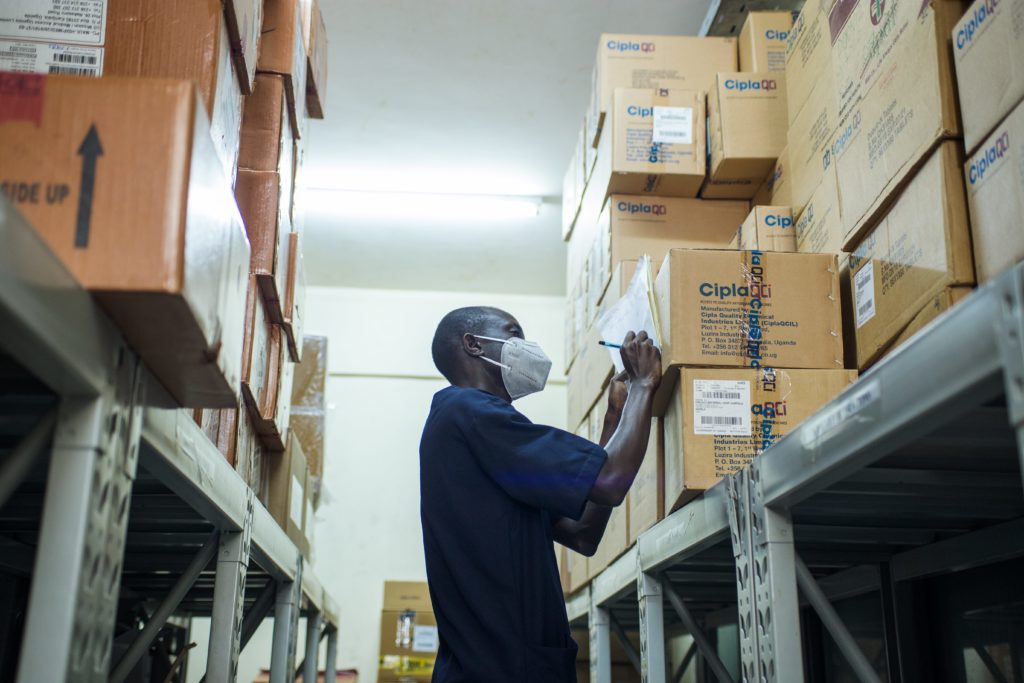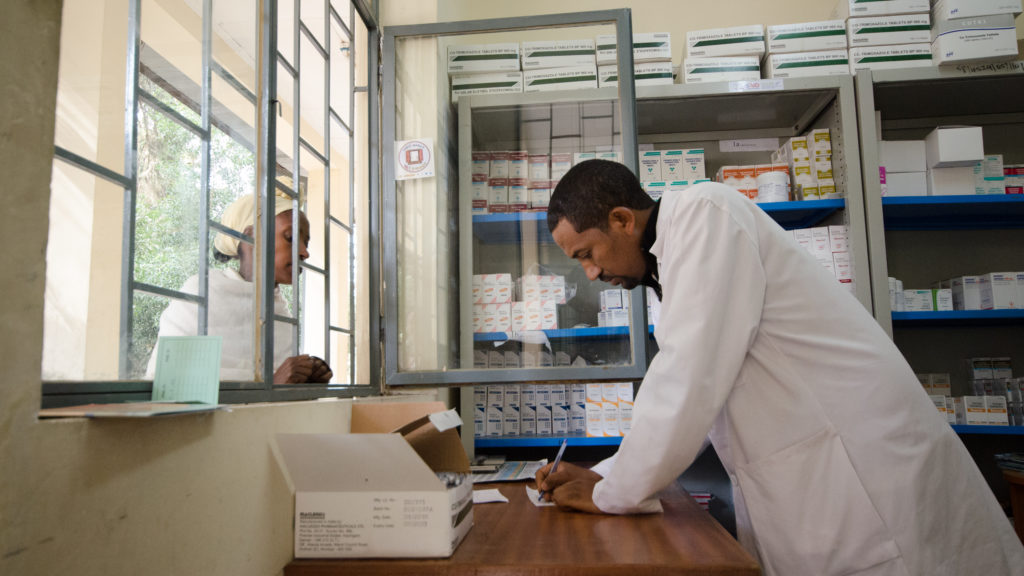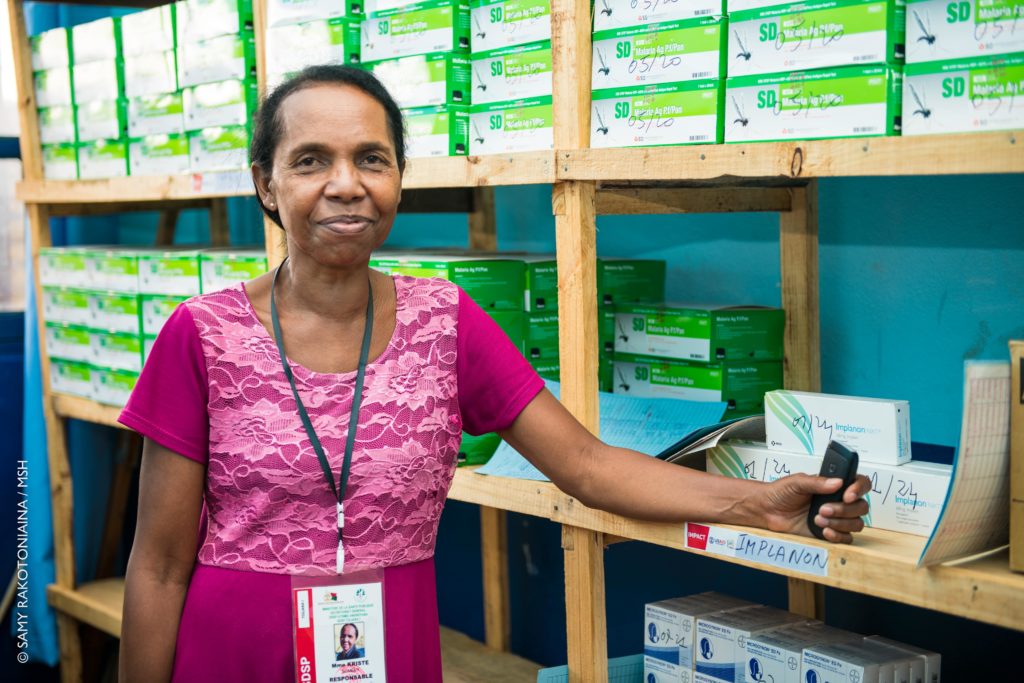Global Health Supply Chain NextGen Comprehensive Technical Assistance
Global Health Supply Chain NextGen Comprehensive Technical Assistance
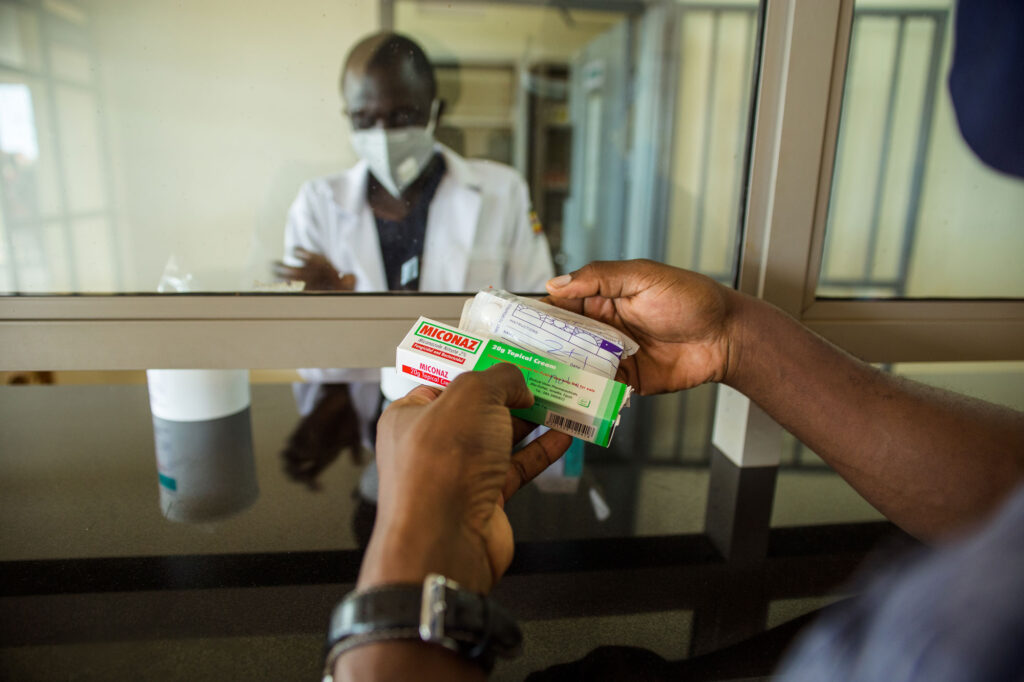
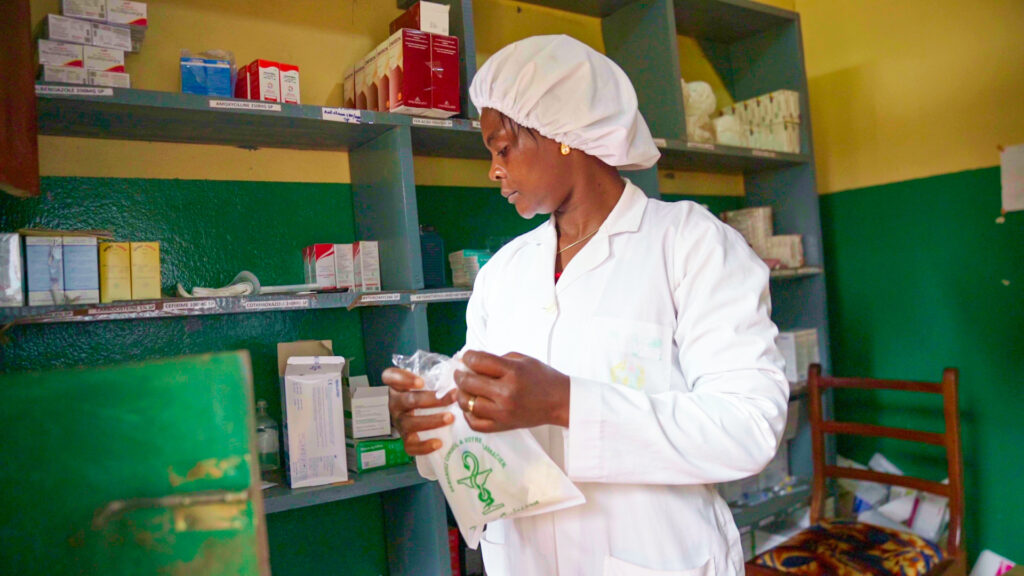
Featured Project: NextGen Efficient Supply Chains Advance Patient Engagement (ESCAPE) Activity
The five-year project builds on MSH’s longstanding partnership with the Government of Cameroon and will focus on strengthening the country’s supply chain and pharmaceutical management system to ensure the consistent availability of high-quality, safe, and effective medicines.
Overview
Management Sciences for Health (MSH) is one of five large organizations designated by USAID as winners of the Global Health Supply Chain NextGen Comprehensive Technical Assistance contract. This indefinite delivery, indefinite quantity (IDIQ) contract award means that MSH and the other organizations will partner with USAID to provide countries with technical assistance on their health supply chain needs for the next 10 years.
Under this contract, MSH and its consortium partners (many based in Africa and Asia and all active in health, development, and/or supply chain work in low- and middle-income countries) can work with countries to develop the capacity of local systems, networks, institutions, and individuals to sustainably manage supply chains and strengthen local pharmaceutical systems. MSH can also advise governments as they shift from providing supply chain and pharmaceutical services themselves to overseeing private-sector innovations and efficiencies.
Fact Sheet: NextGen Comprehensive Technical Assistance for Health Supply Chain and Pharmaceutical Management IDIQ
The MSH Consortium brings together dynamic organizations and leaders from the global and local supply chain and pharmaceutical fields, ready to create meaningful collaborations with the public and private sectors, government entities, community groups, and civil society. Through this partnership, we aim to enhance the efficiency and reliability of health care delivery, ensuring that communities worldwide have access to the essential medicines and health products they need.
MSH is one of five organizations that will partner with USAID to provide countries with supply chain technical assistance over the next 10 years.
USAID MTaPS Webinar Series: Pharmaceutical Systems Strengthening (PSS) Learning Series
MTaPS is pleased to announce a new webinar series that will convene experts from across the globe to highlight the importance of pharmaceutical systems strengthening in advancing global health goals.
Donors & Partners
Donors
The United States Agency for International Development (USAID)
Partners
Partner
- Deloitte Consulting LLP, and Member Firm Deloitte South Africa
Local Innovation Partners
- SwipeRX Pte Ltd. (formerly mClinica Pte Ltd.)
- U3 Advisors
- Right to Care NPC/Right ePharmacy (Pty) Ltd.
- Reach Digital Health (formerly the Praekelt Foundation NPC)
- PharmaRack Technologies Pvt. Ltd.
Convening/Behavior Change Partners and Professional Associations
Learning Institutions
- Cranfield University
- Empower School of Health LLP
- Kwame Nkrumah University of Science and Technology
- Boston University
- University of Washington
- International Law Institute – Center for Legal Excellence
Technology Partners
- Mezzanine Ware RF (PTY) Ltd.
- Zipline International Inc.
- Carahsoft Technology Corporation (Google)
